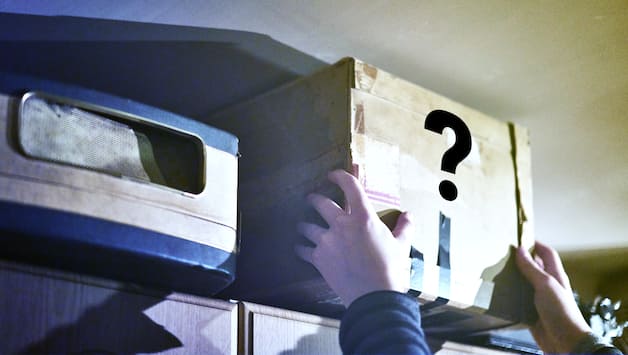If you are lucky enough to have a basement, you can store all sorts of things there. Most of the time, these are things that you rarely need or don’t need at all anymore – so it’s practical for decluttering the apartment and creating more space for important things.
However, what very few tenants know: There are also certain rules for the use of basement compartments that you have to follow. Certain things are not allowed to be stored there.
What must never be stored permanently in the basement are highly flammable liquids and substances. In addition to petrol, this also includes:
In most cases it is even forbidden by the house rules to store it in the basement. The reason for this is the high fire hazard of these substances. Even the storage of firewood can therefore be regulated in the rental agreement.
Explosive compressed air tanks and gas cylinders must therefore not be stored in the basement. There is also a maximum volume of 20 liters in the basement for flammable liquids.
Car tires are also often stored in the basement, as there is often no other option. However, the rubber can also act as a fire accelerator – so you should always discuss the storage of the wheels with the rental company beforehand.
When storing food such as potatoes, boiled or pickled food, you must ensure that everything is well sealed. It should be prevented that vermin and rats are attracted to it.
There are also activities that you should refrain from in the basement or at least discuss with your landlord and neighbors beforehand.
There are also apartments in which there is only a common cellar instead of individual compartments. These are often used for washing or drying laundry.
These rooms can be used for different purposes – unless certain types of use are specifically excluded in the house rules or in the rental agreement.
Long-term storage of bulky items, boxes or unused bicycles is not permitted there without express permission. Otherwise, the shared basement would be full in no time and it would not be possible to determine which items belong to whom, even if one of the tenants moves out.















